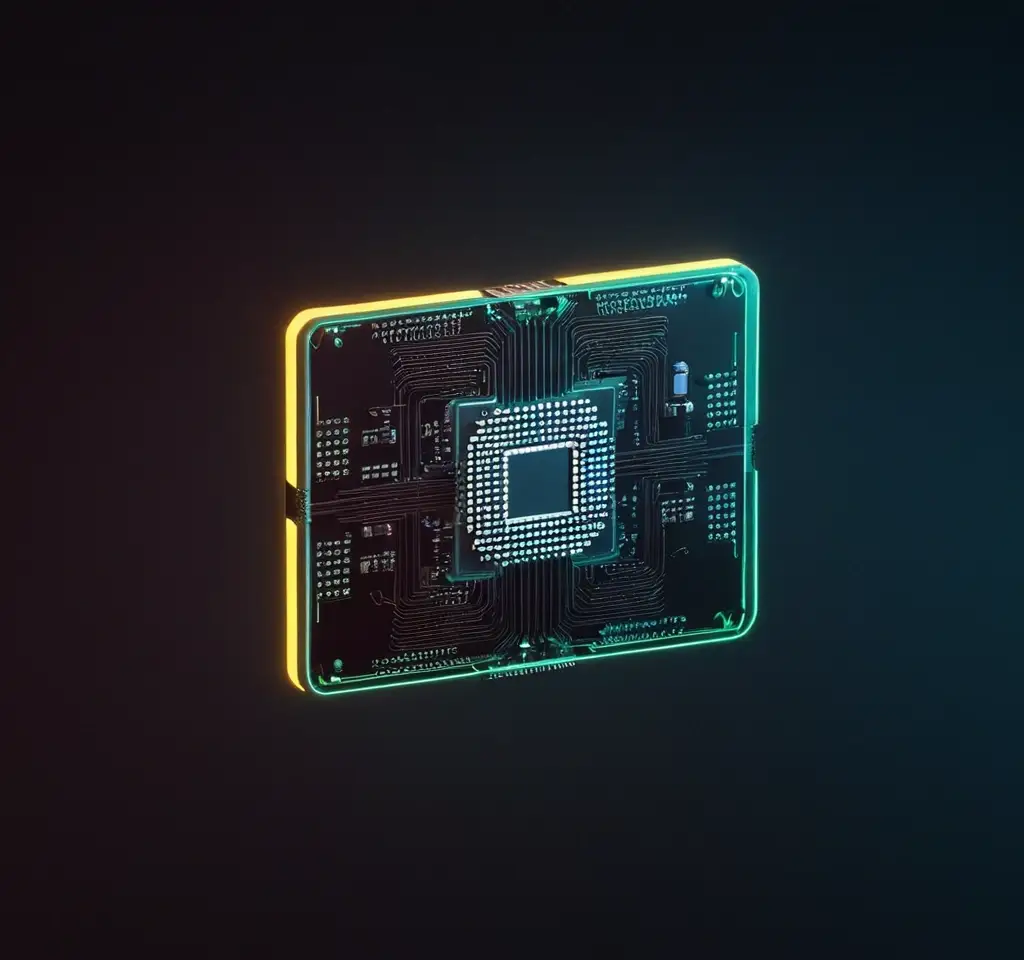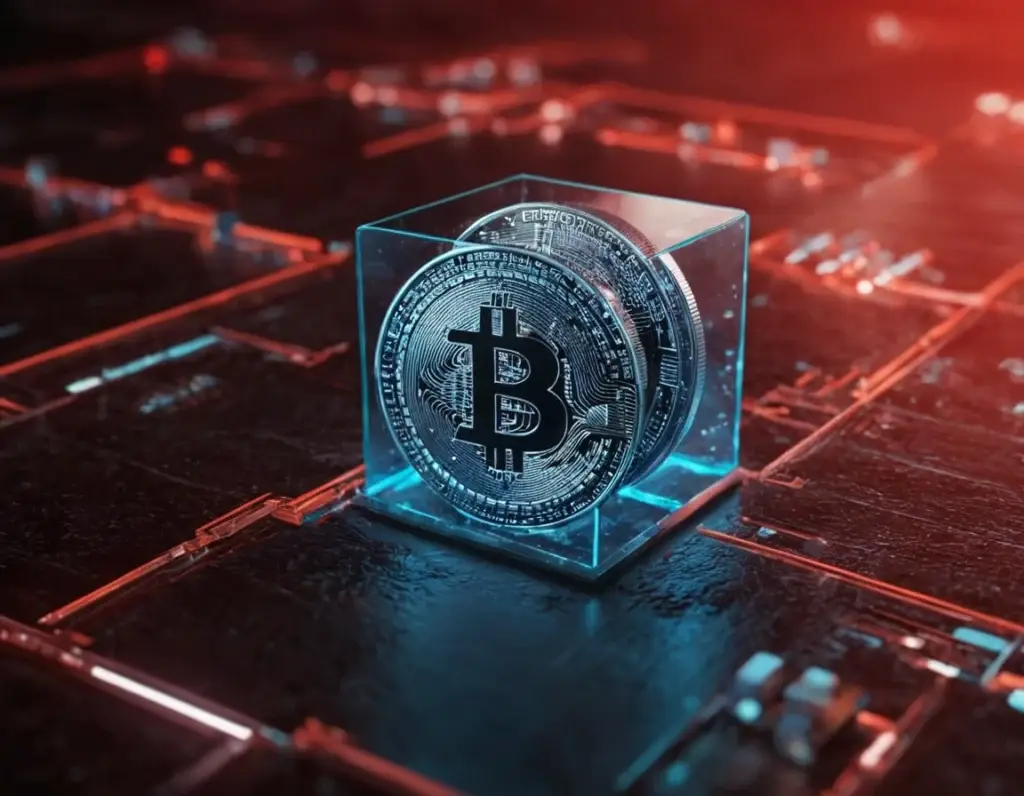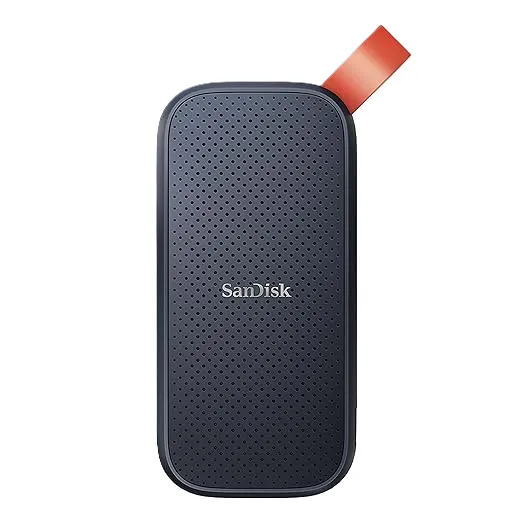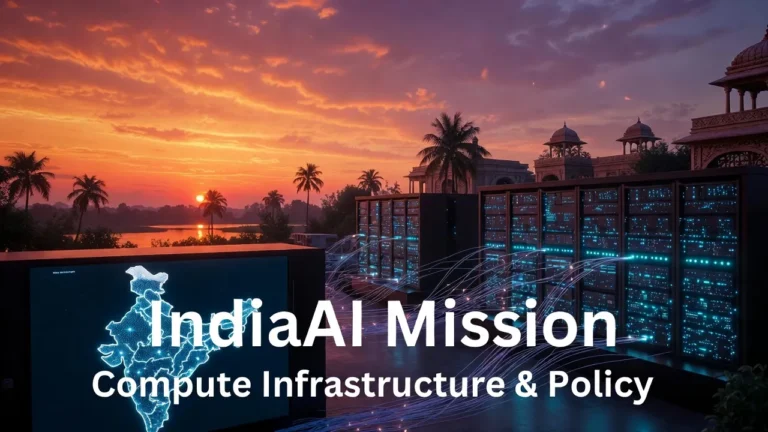
The Internet of Things (IoT) is a network of physical objects equipped with software, sensors, and various technologies. These devices connect and exchange data with other systems over the Internet. Looking ahead to 2024, IoT has the potential to transform our lives. It will bring smarter homes, efficient cities, and new healthcare advancements. The evolution of IoT will change how we interact with technology. Join us as we explore the exciting future of IoT and the innovations it will bring.

Advancements in Connectivity
5G Integration: 5G technology will revolutionize IoT devices with lightning-fast speeds and low latency. This enables real-time data processing.
Satellite Communication: Satellite communication will expand IoT reach to remote areas where traditional networks are not feasible.
Enhanced Mesh Networks: Enhanced mesh networks will improve device communication, creating robust and reliable IoT ecosystems.
Miniaturization of Devices
Wearable Technology: Wearable devices will become more common in 2024. They will monitor health, enhance productivity, and provide personalized experiences.
Nano-Sensors: Nano-sensors will enable precise data collection and analysis. They will offer insights into various environmental factors and human behaviors.
Embedding IoT in Everyday Objects: Everyday objects will be embedded with IoT capabilities, transforming mundane items into smart devices. This will improve convenience and efficiency.
AI Integration
Machine Learning Algorithms: AI algorithms will optimize IoT systems. They will learn from data patterns, predict outcomes, and automate decision-making.
Autonomous Decision-Making: IoT devices will make more autonomous decisions based on AI. This will reduce human intervention and enhance system efficiency.
Personalized User Experiences: AI integration will personalize user experiences. It will analyze data trends, preferences, and behaviors, creating tailored solutions.
Impact of IoT on Industries
Healthcare Sector
Remote Patient Monitoring: IoT devices in healthcare will enable remote patient monitoring. This will improve access to healthcare services and enhance treatment outcomes.
Precision Medicine: IoT technology will support precision medicine. It will collect real-time data on patients, enabling customized treatments and predictive healthcare interventions.
Health Data Security: Ensuring health data security will be a key focus in 2024. Stringent measures will protect sensitive patient information.
Smart Cities
Urban Planning Optimization: IoT in smart cities will optimize urban planning. It will analyze data on traffic patterns, energy consumption, and public services to enhance city infrastructure.
Energy Efficiency: IoT solutions will promote energy efficiency in cities. They will monitor and manage energy consumption, reduce waste, and promote sustainable practices.
Traffic Management Solutions: IoT-enabled traffic management systems will streamline traffic flow, reduce congestion, and improve transportation efficiency.
Manufacturing and Supply Chain
Predictive Maintenance: IoT devices will enable predictive maintenance in manufacturing. They will identify potential equipment failures before they occur, thereby minimizing downtime and reducing maintenance costs.
Inventory Optimization: IoT technology will optimize inventory management. It will track stock levels, predict demand, and streamline supply chain operations.
Supply Chain Traceability: IoT solutions will enhance supply chain traceability. They will provide real-time visibility into product movements, ensuring transparency and accountability.

Security and Privacy Challenges
Data Breaches
Vulnerabilities in IoT Devices: Addressing vulnerabilities in IoT devices will be crucial. This will prevent data breaches and cyber-attacks on interconnected systems.
Cybersecurity Regulations: Compliance with cybersecurity regulations will be essential. It will safeguard IoT networks from potential threats and ensure data integrity.
Data Encryption Solutions: Implementing robust data encryption solutions will protect sensitive information. This will mitigate data breaches and unauthorized access.
Privacy Concerns
Personal Data Protection: Protecting personal data privacy will be a top priority. Organizations must adhere to strict data protection regulations and ethical data practices.
GDPR Compliance: Compliance with GDPR regulations will be imperative. It will ensure the lawful and transparent processing of personal data within IoT ecosystems.
Privacy by Design Principles: Upholding privacy by design principles will embed privacy considerations into IoT solutions. This will prioritize user privacy and data security.
Ethical Implications
Surveillance Issues: Addressing surveillance concerns related to IoT technology will involve establishing policies and guidelines. This will prevent misuse of data and protect user privacy.
Biometric Data Collection: Ethical considerations around biometric data collection will require transparent consent mechanisms. Safeguards will protect sensitive biometric information.
Transparency in Data Usage: Ensuring transparency in data usage will build trust among users. This will promote ethical data practices and responsible data management within IoT systems.
Regulatory Landscape and Standards
International Regulatory Frameworks
IoT Compliance Standards: Adoption of IoT compliance standards will aid in ensuring interoperability, security, and data protection across global IoT networks.
Data Localization Laws: Data localization laws will govern the storage and processing of IoT data. They will ensure compliance with regional data sovereignty requirements.
Cross-Border Data Flows: Facilitating cross-border data flows will require international collaboration. This will address legal and regulatory challenges associated with IoT data exchange.
Privacy Regulations
Data Protection Regulations: Adhering to data protection regulations will safeguard user privacy rights. They will establish guidelines for data processing, storage, and sharing within IoT ecosystems.
Consumer Privacy Rights: Upholding consumer privacy rights will involve transparent data practices and informed consent mechanisms. It will empower users to control their personal data.
Consent Management Practices: Implementing effective consent management practices will enable users to make informed decisions about data sharing and processing within IoT networks.
Industry Collaboration
Consortium for IoT Security: Collaboration among industry stakeholders will drive the development of IoT security standards, protocols, and best practices. This will enhance cybersecurity measures.
Standardization Bodies: Participation in standardization bodies will promote consistency and interoperability in IoT solutions. This will ensure seamless integration and compatibility across devices.
Best Practices Guidelines: Establishing best practices guidelines will foster a culture of security, privacy, and ethical data usage in IoT development and deployment.
Future Trends and Expectations
Edge Computing
Distributed Data Processing: Edge computing will enable distributed data processing at the network edge. This will reduce latency and enhance real-time data analysis in IoT applications.
Reduced Latency: By processing data closer to the source, edge computing will minimize latency issues. This will support time-sensitive IoT tasks and applications.
Edge Devices Security: Ensuring security at the edge devices will be critical. It will protect data integrity, confidentiality, and availability in decentralized IoT networks.

Blockchain Integration
Data Integrity Assurance: Blockchain integration will provide immutable data records. This will ensure data integrity and transparency in IoT transactions and interactions.
Smart Contracts: Utilizing smart contracts on blockchain platforms will automate and secure IoT transactions. This will enable trustless interactions and reduce reliance on intermediaries.
Decentralized IoT Networking: Decentralized IoT networks powered by blockchain technology will enhance security, privacy, and interoperability. This will revolutionize the IoT landscape.
Quantum Computing
Enhanced Data Encryption: Quantum computing advancements will strengthen data encryption methods. This will protect IoT networks against sophisticated cyber threats and ensure secure data transactions.
Advanced Predictive Analytics: Quantum computing will enable advanced predictive analytics capabilities. This will optimize IoT data processing and drive actionable insights for decision-making.
Quantum-Secure IoT Networks: Quantum-secure IoT networks will offer unparalleled security and resistance to quantum attacks. They will ensure the integrity and confidentiality of IoT data in 2024.
Summary
In 2024, the landscape of IoT is on the brink of transformative changes across industries. These changes are driven by technological advancements, while grappling with persistent security and privacy challenges. Navigating intricate regulatory frameworks and steering towards future trends will redefine the IoT ecosystem.
FAQs
- What are some key benefits of IoT in 2024?
- IoT will introduce enhanced efficiency, connectivity, tailored experiences, and innovative solutions across diverse sectors.
- How can organizations address IoT security concerns?
- Organizations can address IoT security concerns by implementing robust cybersecurity measures, ensuring regulatory compliance, prioritizing data privacy, and fostering ethical data practices.
- What role will emerging technologies play in the future of IoT?
- Emerging technologies like edge computing, blockchain integration, and quantum computing will drive innovation, secure data transactions, and empower advanced processing capabilities in IoT networks.
Here are Few Products which directly associated with IoT and you can buy them from our affiliate network. If you buy them from this link, we will get a financial help.




